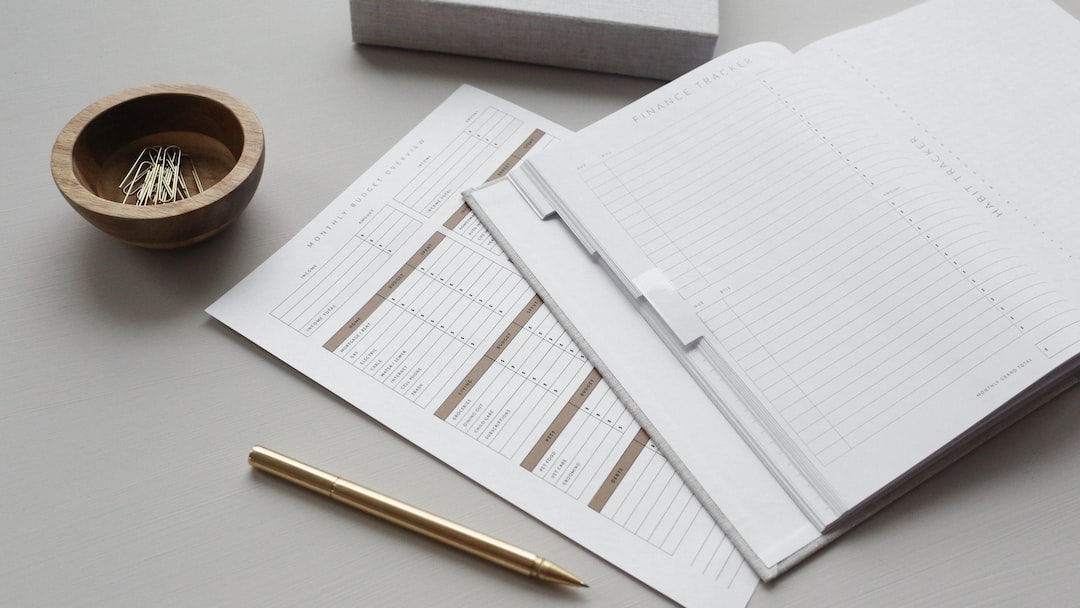Forex trading has become increasingly popular over the years, and with it, so has the number of forex brokers. However, not all forex brokers are the same, and it is important to understand how retail forex brokers work before choosing one to trade with.
Retail forex brokers are companies that provide traders with access to the foreign exchange market. They act as intermediaries between traders and the interbank market, which is where large financial institutions such as banks and hedge funds trade currencies.
When a trader opens an account with a retail forex broker, they are essentially opening a trading account. This account is used to place trades on the forex market, with the broker acting as the counterparty to the trade. This means that when a trader buys a currency, the broker sells it to them, and when the trader sells a currency, the broker buys it from them.
Retail forex brokers make money through spreads and commissions. A spread is the difference between the bid and ask price of a currency pair. The bid price is the price at which the broker is willing to buy a currency pair, while the ask price is the price at which the broker is willing to sell it. The spread is the difference between these two prices, and is usually expressed in pips.
Brokers also charge commissions on trades. This is a fee that is charged for each trade that is placed, and is usually a fixed amount or a percentage of the trade value.
One of the key advantages of trading with a retail forex broker is the accessibility it provides. Retail forex brokers offer low minimum deposits, making it easy for traders to get started with a small amount of capital. They also provide access to leverage, which allows traders to control large positions with a small amount of capital.
However, it is important to note that trading with leverage can also increase the risk of losses, as traders can lose more than their initial investment if the market moves against them.
Another advantage of trading with a retail forex broker is the range of trading platforms and tools that are available. Most brokers offer a range of trading platforms, including desktop, web-based, and mobile applications. These platforms allow traders to access the market from anywhere in the world, and provide a range of tools and indicators to help traders make informed trading decisions.
In addition to trading platforms, many retail forex brokers also offer educational resources and research tools. These resources can include webinars, video tutorials, and market analysis reports. They are designed to help traders improve their trading skills and make more informed trading decisions.
However, it is important to note that not all retail forex brokers are the same, and traders need to do their research before choosing a broker to trade with. Some brokers may have a poor reputation, or may not provide the level of support and resources that traders need to succeed.
It is also important to note that trading forex carries a high level of risk, and traders should only trade with money that they can afford to lose. Trading with leverage can increase the risk of losses, and traders should always use proper risk management techniques to limit their exposure to the market.
In conclusion, retail forex brokers provide traders with access to the forex market, and act as intermediaries between traders and the interbank market. They make money through spreads and commissions, and offer a range of trading platforms, tools, and educational resources to help traders make informed trading decisions. However, traders need to do their research and only trade with money that they can afford to lose, as trading forex carries a high level of risk.






